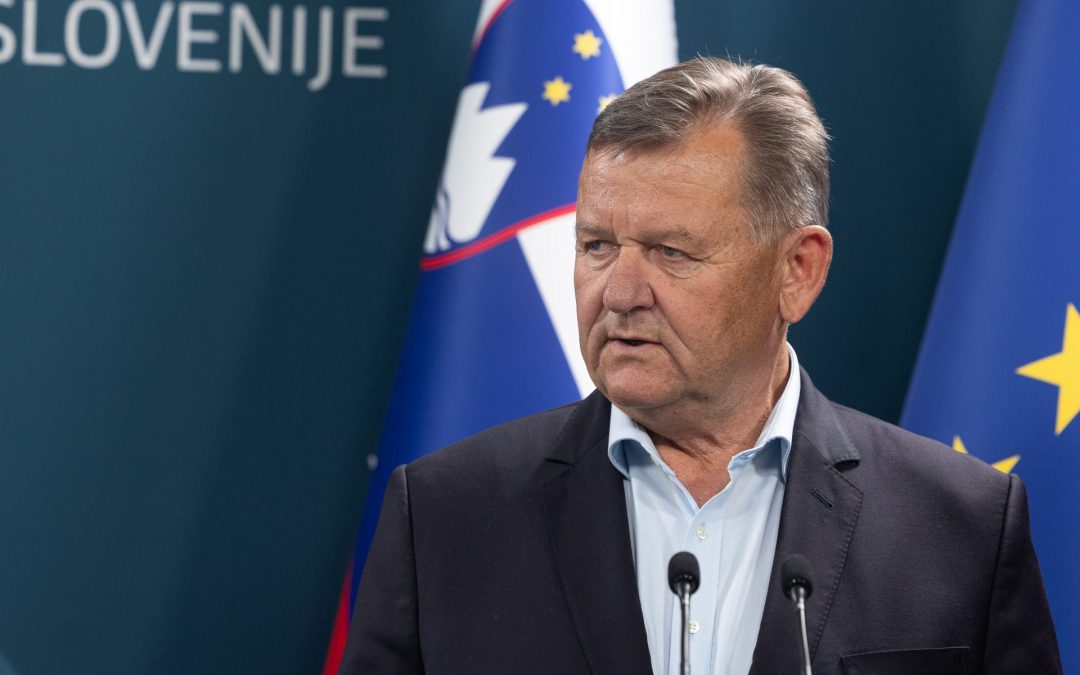Ljubljana – Slovenia, according to the Minister for Cohesion and Regional Development Aleksandra Jevška, opposes plans to centralize the implementation of European cohesion policy following the model of the recovery and resilience mechanism in response to the covid-19 pandemic. According to Jevšek, this is also the position of other EU member states from the group of so-called friends of cohesion.
As Jevšek said on Wednesday at the second national consultation on cohesion in the next multi-annual financial period of the EU 2028-2034, organized in Ljubljana by the Faculty of Public Administration, Slovenia is committed to maintaining the core principles of cohesion. “Slovenia will not agree to the centralization of cohesion funds according to the recovery and resilience plan model. Cohesion is intended for regions. We want strong regions. We want to strengthen regions,” he was clear.
Attempts to centralize European cohesion policy in the future, combining all funds and programs at the national level under a single document, is, according to Jevšek, a step away from cities and regions that are closer to citizens and better recognize people’s needs. “This is not only Slovenia’s position but the position of 15 EU member states, friends of cohesion,” said the minister.
The European Commission is expected to present a proposal for the next multi-annual financial framework of the EU for the period 2028-2034 in the second half of 2025, but it has already started internal consultations. According to one of the internal documents obtained by the Brussels portal Politico, new funds intended for agriculture and cohesion would be received by member states within a single national plan instead of through various programs, following the model of recovery and resilience plans, which define the reforms and other measures that member states must adopt to receive funds from the recovery fund after the pandemic.
The candidate for European Commissioner for Budget Piotr Serafin, who received the green light from the European Parliament’s Committees on Budget and Budgetary Control at the hearing last Friday, pointed out in his speech that national plans, in which investments linked to reforms will be determined by member states and regions, will be among the components of the EU’s long-term budget for the period 2028-2034. He also assured that the European Commission does not intend to simply replicate the model of the recovery mechanism, emphasizing that it lacks precisely the regional aspect. (November 6 and 7)
 go to the original language article
go to the original language article
